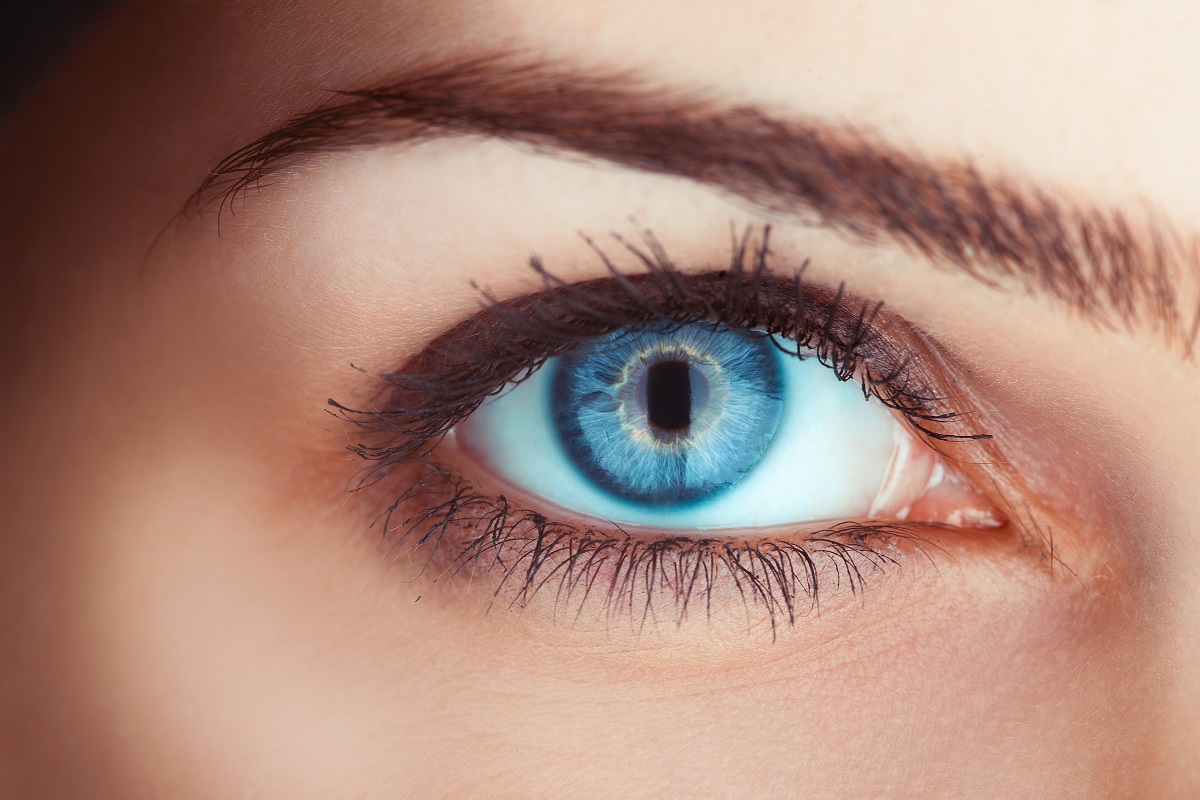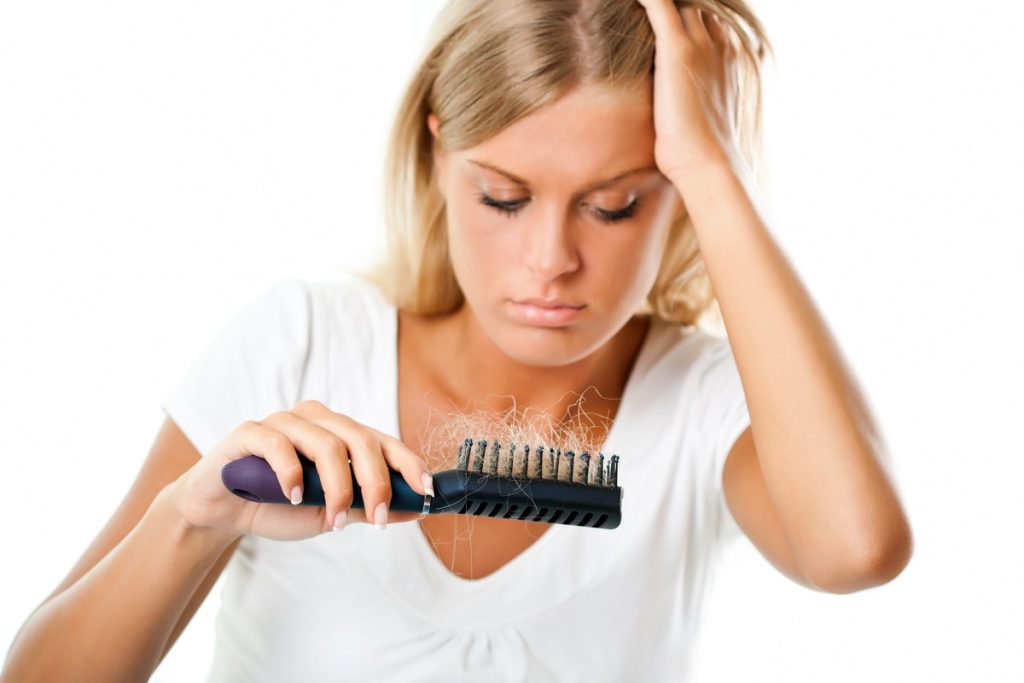- Hormonal changes in women can significantly impact skin, hair, and nails, necessitating adjustments in beauty routines.
- Hormone fluctuations during puberty, pregnancy, and menstrual cycles affect oil production and skin elasticity.
- Hormone levels can cause changes in hair growth and thickness; maintaining a gentle care routine can mitigate effects.
- Proper sleep, regular exercise, a balanced diet, and potential supplements can help manage hormonal changes and their beauty impacts.
As a woman, you know how hormones can affect your mood, weight, and energy levels, but did you know these same hormonal changes can also have a significant impact on your beauty? Many women experience changes in their skin, hair, and nails due to hormonal fluctuations, which can make it challenging to maintain their usual beauty routine.
Thankfully, by understanding the effects of hormonal changes, you can adjust your approach to daily beauty care and keep looking your best. This blog will explore essential things women should know about how hormonal changes can affect your beauty.
Hormonal Changes Can Alter Your Skin
One of the most common ways hormonal changes affect your beauty is through your skin. During puberty, pregnancy, menopause, and monthly menstrual cycles, women experience fluctuations in hormone levels that can affect oil production, leading to acne breakouts, dry skin, and wrinkles.
For instance, during menstruation, estrogen levels collectively drop, leading to less skin elasticity, which can cause wrinkles. During pregnancy, particularly the first trimester, hormone levels go through a rapid spike, leading to increases in oil production and acne. To keep your skin looking its best during these phases, focus on gentle, natural cleansers, adequate hydration, and plenty of sun protection.
Hormonal Changes Can Affect Your Hair
Over time, hormone levels can cause hair thinning or even balding. Postpartum hair loss or thinning is among the most common side effects of hormonal changes. Estrogen levels usually remain high during pregnancy and protect hair from thinning, but when levels plummet after birth, the hair can fall out at a faster pace. Hormones can also affect the level of stress hormones your body is producing, leading to hair loss or thinning.
Consider switching to a gentle and natural shampoo and conditioner to keep your hair healthy during these hormonal changes. Avoid harsh chemicals and opt for nutrient-rich formulas that promote hair growth. You can also seek out additional female hair loss treatment options if you experience significant hair loss. Scalp micropigmentation, for example, is a non-invasive procedure that can help restore the appearance of a fuller head of hair. This procedure involves tattooing tiny pigments into the scalp to mimic hair follicles, giving the illusion of thicker and fuller hair.
Your Eyelashes and Arbors May Grow Differently

One of the more fascinating effects of hormonal changes is the effect on your cilia or hair growth. Hormones influence the growth cycle of your eyelashes and eyebrows. As hormones fluctuate, some women may notice thicker or longer eyelashes and brow hair than others. This change can be beneficial, but it may also lead to thicker, coarser hairs needing maintenance more frequently.
Controlling Your Hormones
Hormonal changes are a natural part of being a woman, and they can affect your beauty in various ways. Fortunately, there are ways to keep your hormones in check and minimize the impact on your beauty. Here are four tips to help you control your hormones:
Get enough sleep.
Getting enough sleep is critical for regulating hormone levels. Not getting enough rest can lead to an increase in cortisol, the stress hormone that can affect your skin’s appearance and cause breakouts.
Exercise regularly.
Regular exercise not only helps maintain healthy hormone levels but also promotes circulation, which contributes to healthier hair and nail growth. You don’t have to do high-intensity workouts, but incorporating some form of physical activity into your routine can make a significant difference.
Eat a balanced diet.

A well-balanced diet is essential for maintaining proper hormone levels. Be sure to include plenty of fruits and vegetables, lean proteins, and healthy fats in your daily meals.
Consider supplements.
If you struggle with hormonal imbalances, speak with a healthcare professional about incorporating supplements into your routine. Omega-3 fatty acids, zinc, and vitamin D are just a few examples of supplements that can help regulate hormones.
Hormonal changes are an inevitable part of a woman’s life, affecting mood, weight, energy levels, and beauty. These hormonal fluctuations can influence the condition of your skin, hair, and nails, making it essential to understand these changes and adjust your beauty routine accordingly.
You can better manage these hormonal shifts by practicing regular self-care, such as getting sufficient sleep, maintaining a balanced diet, working out regularly, and considering supplements. Remember, every woman is unique, and so are her hormonal changes. It’s all about finding the right balance that works for your body.

